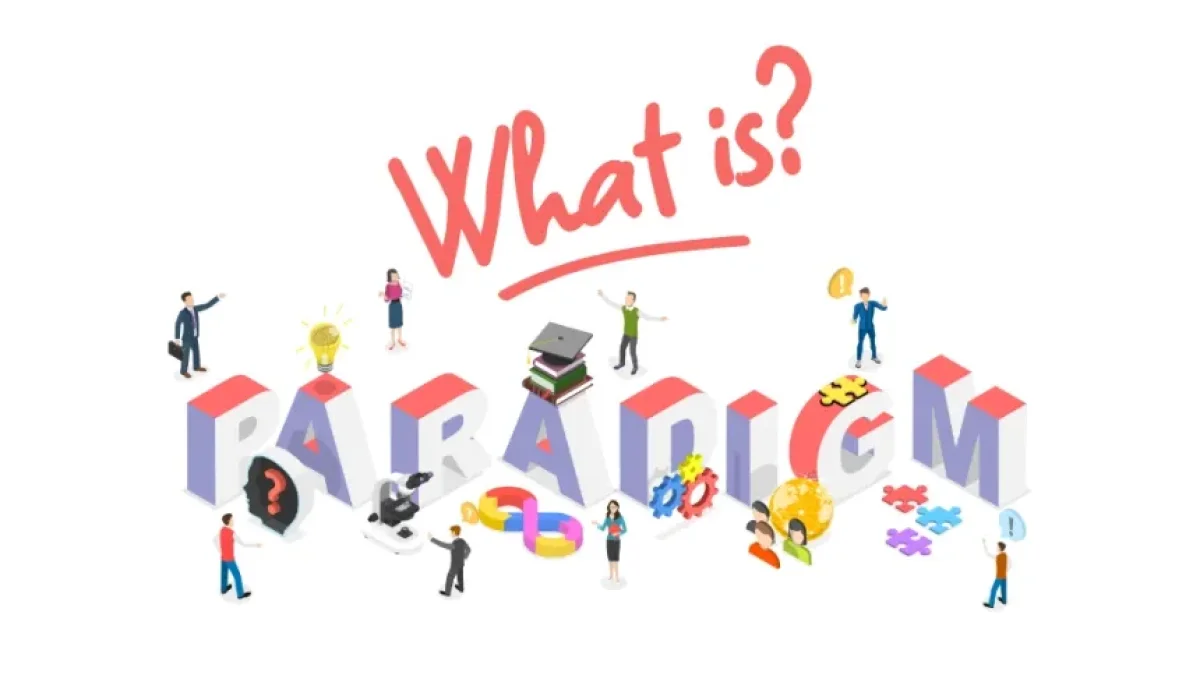What Are Programming Paradigms and How They Affect Your Coding Style


Programming is a constantly evolving discipline, and one of the most important aspects is programming paradigms. These paradigms are models that influence how programmers approach problem-solving by using different programming languages. In this article, we will delve into what programming paradigms are and how they can affect your coding style.
What is a Programming Paradigm?
A programming paradigm is a way to classify and understand different styles and approaches in programming. These paradigms provide conceptual frameworks and guidelines that help developers structure their code, handle logic, and interact with data efficiently.
Types of Programming Paradigms
There are several programming paradigms, each with its own characteristics, advantages, and disadvantages. Below are some of the most common:
1. Imperative Paradigm
In the imperative paradigm, code is written as a series of instructions that change the state of the program. This approach is based on the concept of algorithms and the notion of direct data manipulation. Programming languages like C, Python, and Java are examples of languages that allow imperative programming.
Advantages:
- Provides detailed control over the program flow.
- Is intuitive for those familiar with basic programming logic.
Disadvantages:
Read also
- Can lead to complicated and hard-to-maintain code as the project grows.
2. Object-Oriented Paradigm
The object-oriented paradigm (OOP) is based on the creation of objects that represent real-world entities, encapsulating data and behaviors. Languages like Java, C++, and Python can be used for OOP.
Advantages:
- Facilitates code reuse through inheritance and polymorphism.
- Improves code organization, making it easier to understand and maintain.
Disadvantages:
- Can be more complex to learn for beginners.
3. Functional Paradigm
The functional paradigm focuses on the use of pure functions and avoids side effects. Languages like Haskell and Lisp are prominent examples of this paradigm.
Advantages:
- Encourages a more declarative programming style.
- Facilitates reasoning and testing of code.
Disadvantages:
- May require a significant mindset shift for those accustomed to imperative programming.
4. Declarative Paradigm
The declarative paradigm allows programmers to focus on "what" they want to achieve rather than "how" to achieve it. SQL is a typical example of a declarative language.
Advantages:
- Simplifies the writing of queries and data manipulation.
- Increases readability by abstracting complexity.
Disadvantages:
- May be less flexible than other paradigms.
How Do Programming Paradigms Affect Your Coding Style?
Programming paradigms not only influence how code is written but also how systems are structured, how errors are managed, and how applications are designed.
Code Structure
Each paradigm offers a unique approach to structuring code. For instance, in OOP, developers can break a program into classes and objects, while in functional programming, they may have an approach that emphasizes functions and composition.
Error Management
The way errors are handled can also vary by paradigm. In an imperative approach, exception handling may be more straightforward, while in functional programming, monads may be used to encapsulate errors and side effects.
Reusability and Maintainability
The ability to reuse and maintain code can be affected by the chosen paradigm. In OOP, inheritance and encapsulation allow for the creation of reusable libraries and components, whereas in the functional paradigm, pure functions can be shared and reused without side effects.
Conclusions
Understanding programming paradigms is essential for any programmer. They not only affect how code is written but also influence organization, error management, and the ability to reuse code. Choosing the right paradigm for a specific project can be crucial to its long-term success.
If you want to improve your programming skills, consider studying different paradigms and their applications. Flexibility and knowledge in various approaches will allow you to become a more well-rounded and effective developer.
As you delve deeper into your learning, always remember to experiment and apply different paradigms in your projects to discover which best suits your style and needs.



















